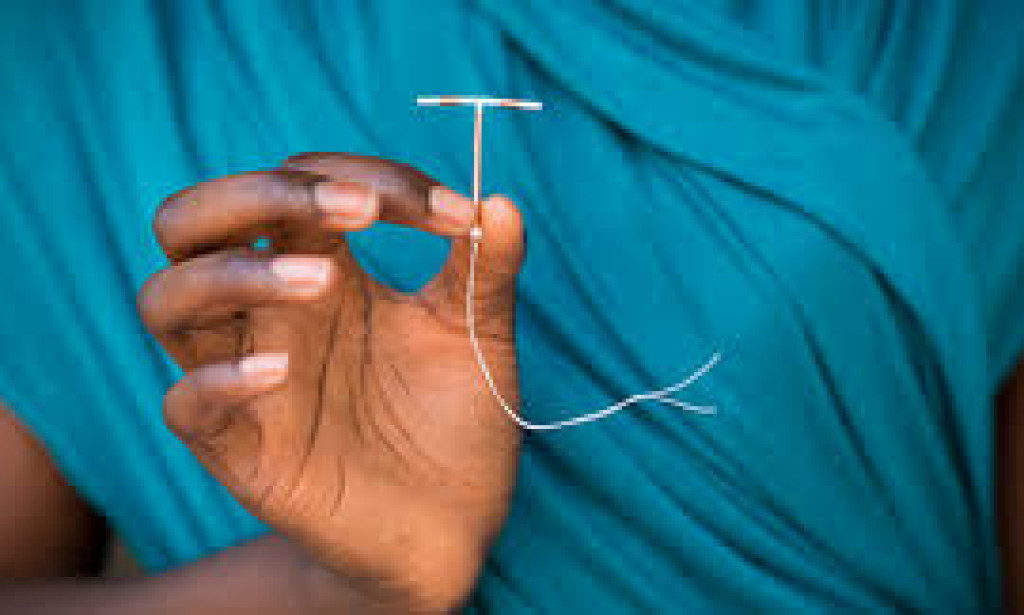In recent years, an increasing number of Kenyan women have opted for intrauterine devices (IUDs) as their preferred method of family planning. This shift reflects growing awareness, improved access to healthcare, and a desire for long-term, hassle-free contraception.
One major factor driving the popularity of IUDs is their long-lasting effectiveness. A single IUD can prevent pregnancy for 5 to 10 years, depending on the type. This appeals to women who want to delay or space out childbirth without the burden of daily pills or frequent clinic visits. For many, it's a practical solution that fits their busy lifestyles.
Another reason for the rising uptake is enhanced public education and counseling by health workers. Through community outreach programs, clinics, and NGOs, more women are learning about the safety and benefits of IUDs. Myths and misconceptions—such as fears of infertility or pain—are gradually being dispelled. As a result, women are making informed choices based on facts, not fear.
Affordability has also played a role. The Kenyan government and international partners have subsidized the cost of IUDs in many public health facilities, making them accessible even to women in low-income communities.
Furthermore, women are increasingly taking control of their reproductive health. As education levels rise and gender equality gains traction, more women are asserting their right to choose the timing and number of children they have. The IUD gives them the autonomy to do just that, with minimal medical interference.
In conclusion, the growing preference for IUDs among Kenyan women signals a positive shift in reproductive health. It reflects not only greater access to modern healthcare but also a broader cultural change toward empowerment and informed decision-making in family planning.


You must be logged in to post a comment.